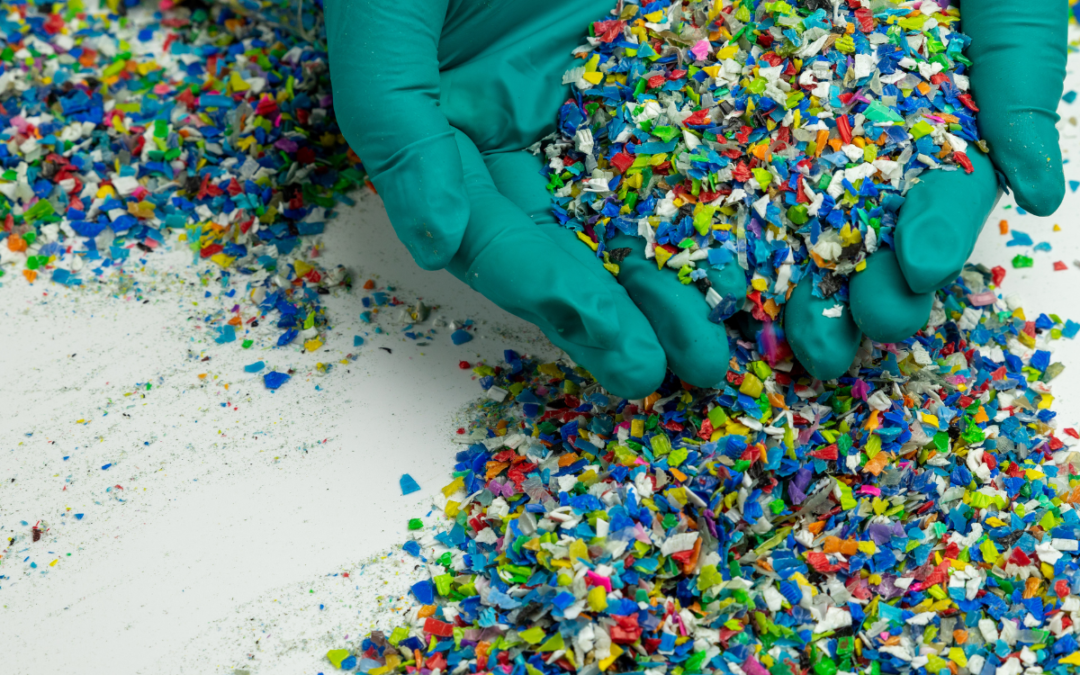As the demand for eco-friendly products grows, manufacturers are moving toward recycled plastic to meet environmental and economic goals. However, the success of this transition depends on the consistent availability of high-quality plastic scrap. There are key factors that plastic manufacturing companies should consider to ensure a steady supply of high-quality plastic scrap.
Source Verification
Collaborating with trusted suppliers who adhere to industry standards and ethical recycling practices is paramount. Understanding the origin of the plastic scrap ensures that it meets the required specifications and has undergone proper sorting and classification processes. This not only guarantees a higher quality of recycled material but also reduces the risk of contaminants that could compromise the integrity of the final product.
Quality Control Measures
Implementing robust quality control measures throughout the recycling process is essential. This includes thorough inspections at various stages, from collection to processing. By investing in advanced sorting technologies and employing trained personnel, plastic manufacturing companies, like Next Generation Plastics, can minimize the presence of impurities and maintain the desired material properties.
Consistent Material Specifications
To meet the diverse needs of buyers, plastic manufacturing companies must establish and adhere to consistent material specifications. This involves clearly defining the types of plastic accepted, their composition, and any specific requirements regarding the form such as regrind or pellets. Standardized specifications facilitate smoother transactions with buyers and contribute to the development of a reliable supply chain for high-quality plastic scrap.
Education and Collaboration
Ensuring a consistent supply of high-quality plastic scrap requires collaboration and communication between plastic manufacturers, suppliers, and buyers. Educating suppliers on the importance of delivering clean and properly sorted plastic scrap enhances their understanding of the industry’s requirements. Establishing a collaborative relationship with buyers allows for open dialogue regarding quality expectations, feedback mechanisms, and continuous improvement initiatives.
Certification and Compliance
Opting for suppliers who possess certifications can provide an added layer of assurance regarding the quality of the plastic scrap. Compliance with environmental regulations and industry standards demonstrates a commitment to responsible recycling practices. Choosing certified suppliers mitigates risks and aligns with the broader goal of sustainable and ethical manufacturing.
Ensuring a steady supply chain of top-notch recycled material requires a comprehensive approach, source verification, quality control measures, consistent material specifications, education, collaboration, and adherence to certifications and compliance standards. By prioritizing these factors, Next Generation Plastics can contribute to a circular economy, reduce its environmental footprint, and meet the growing demand for eco-friendly products in a responsible and economically viable manner. For more information on how we can help you, give Next Generation Plastics a call at 330-668-1200 or email at [email protected].


Recent Comments